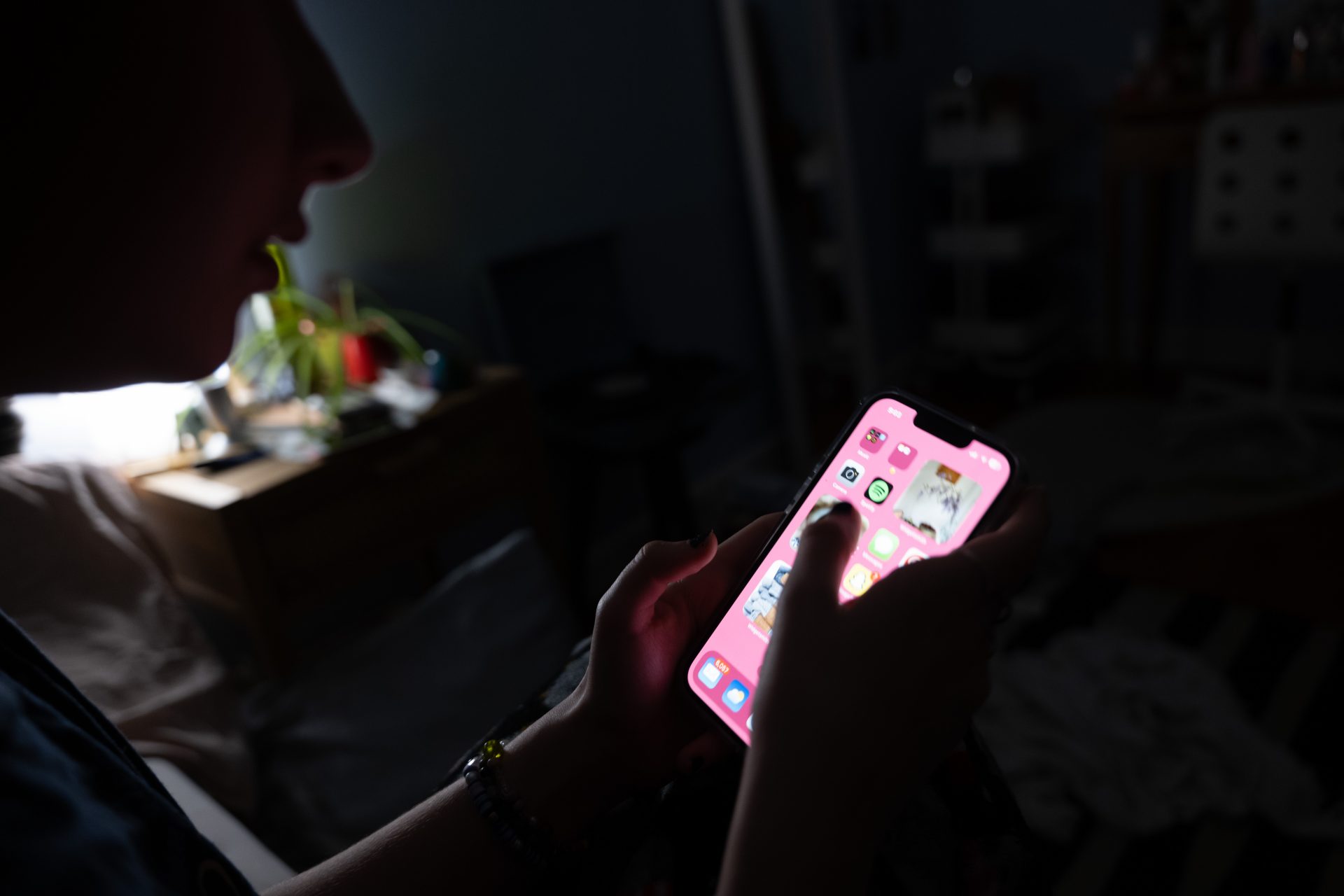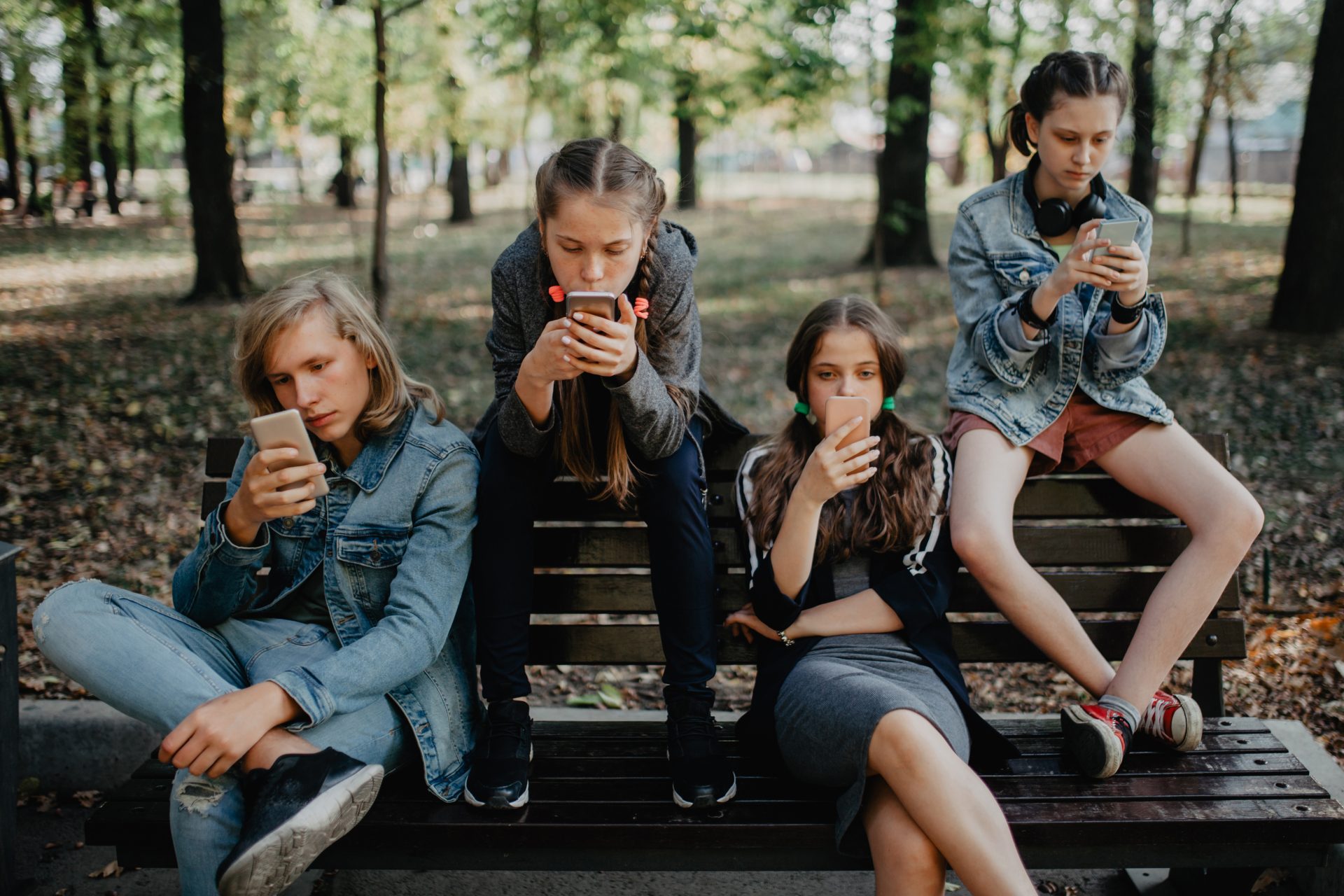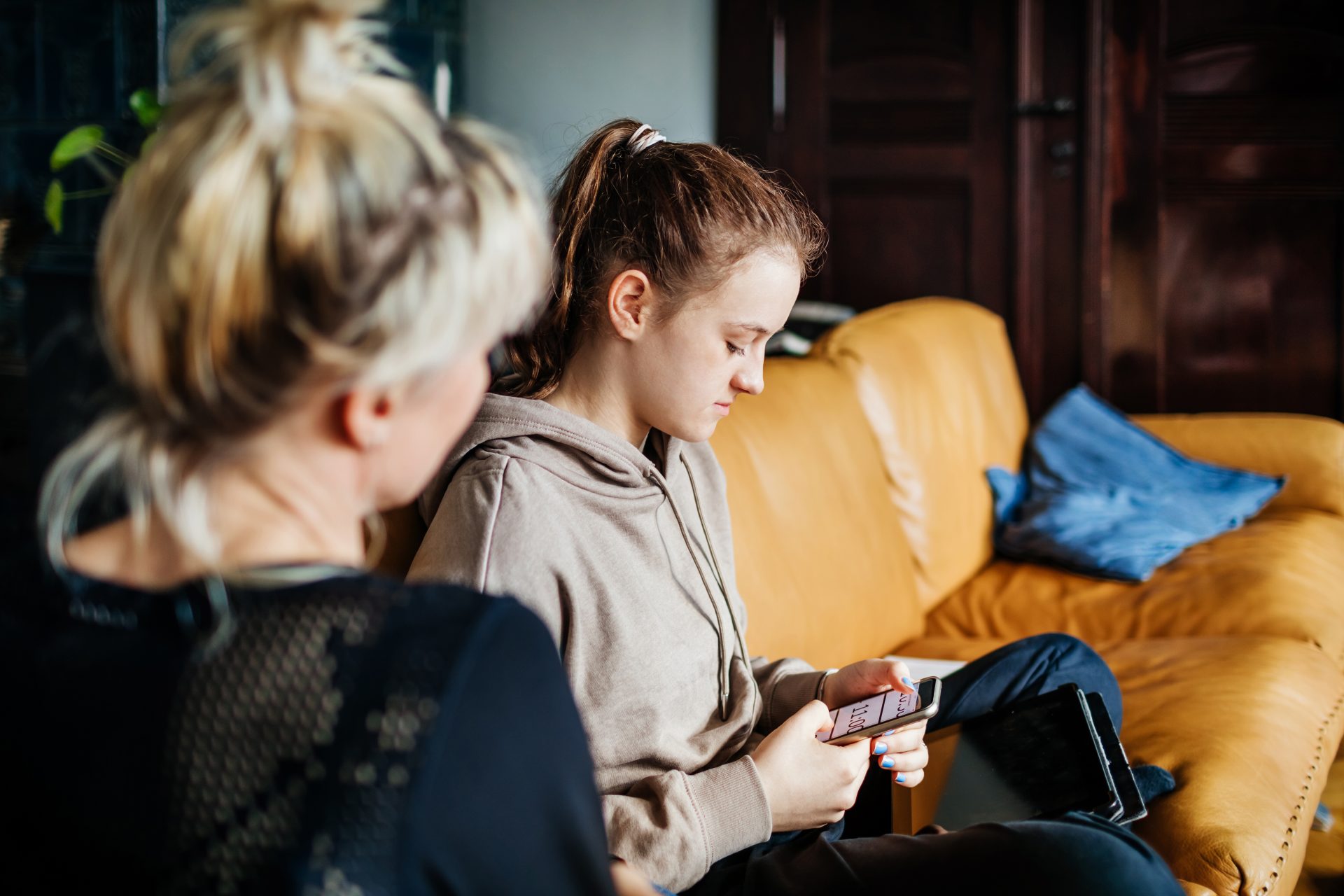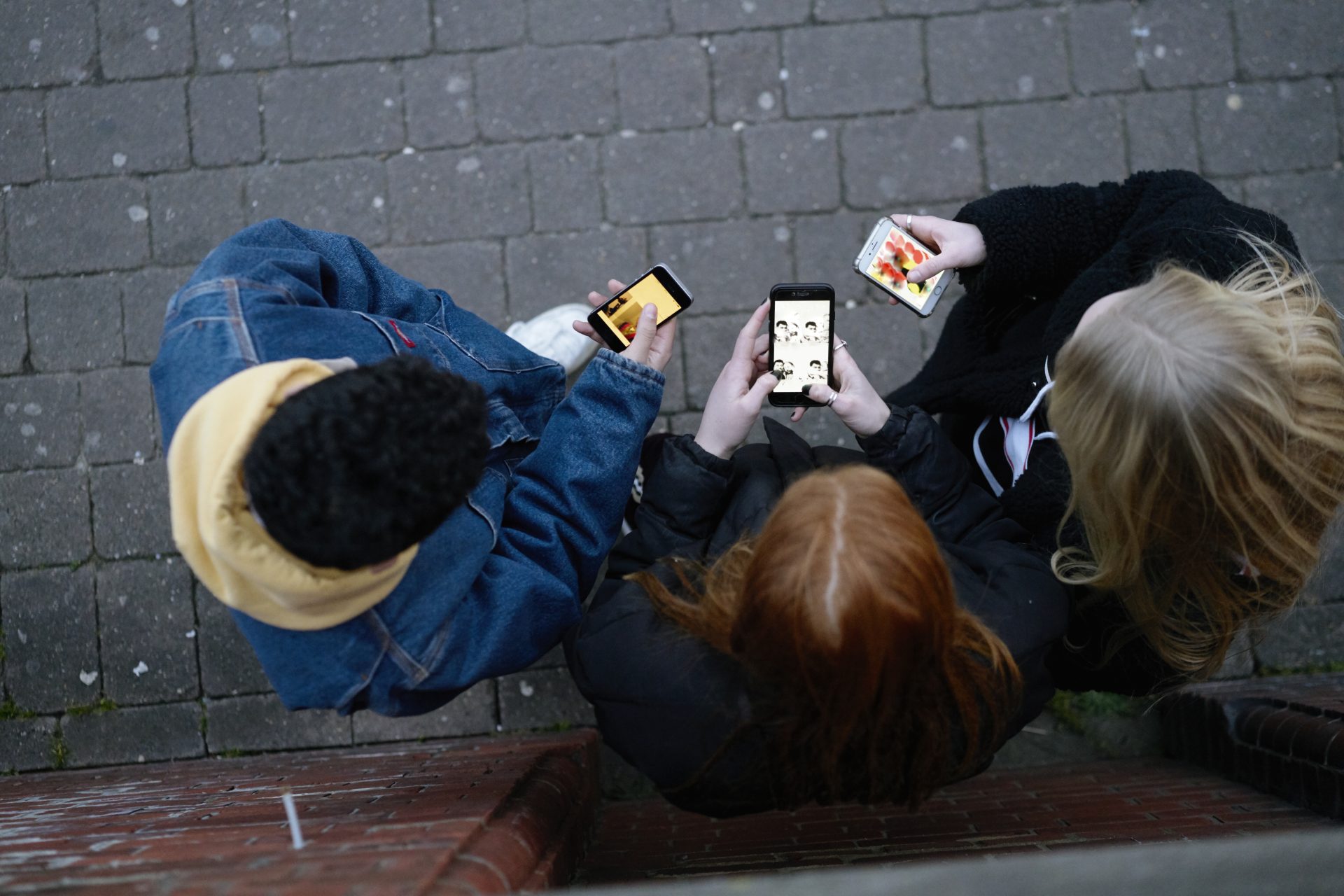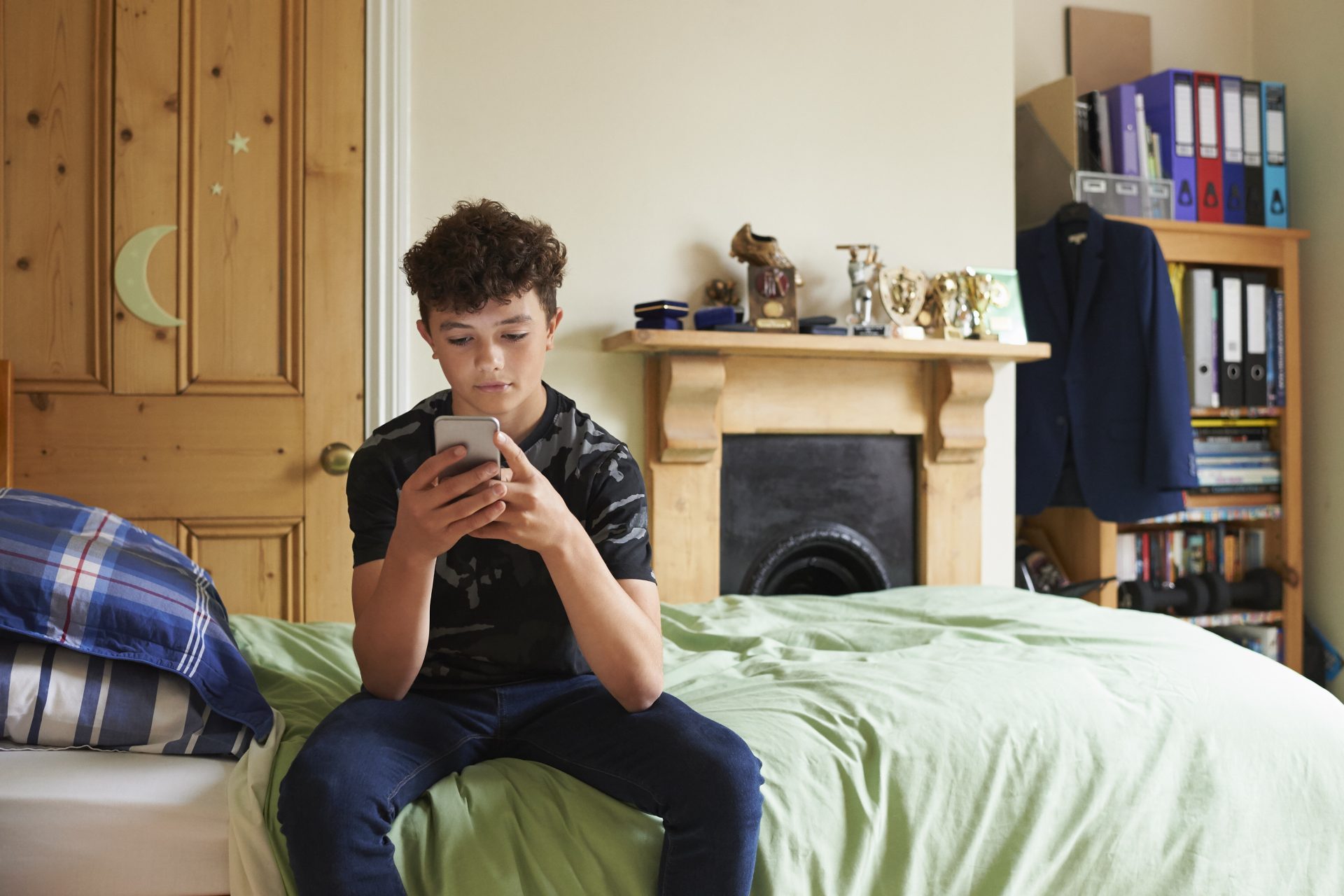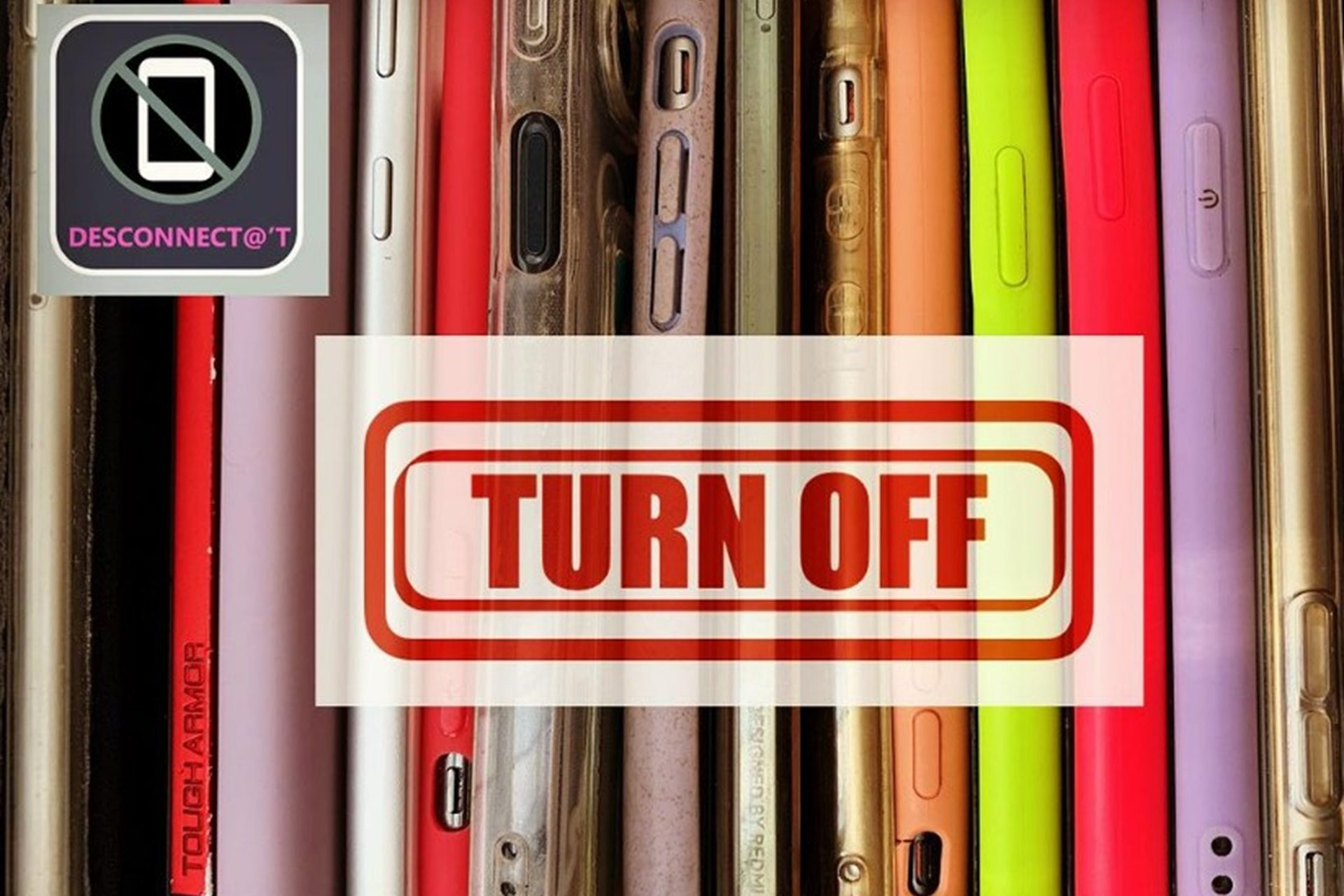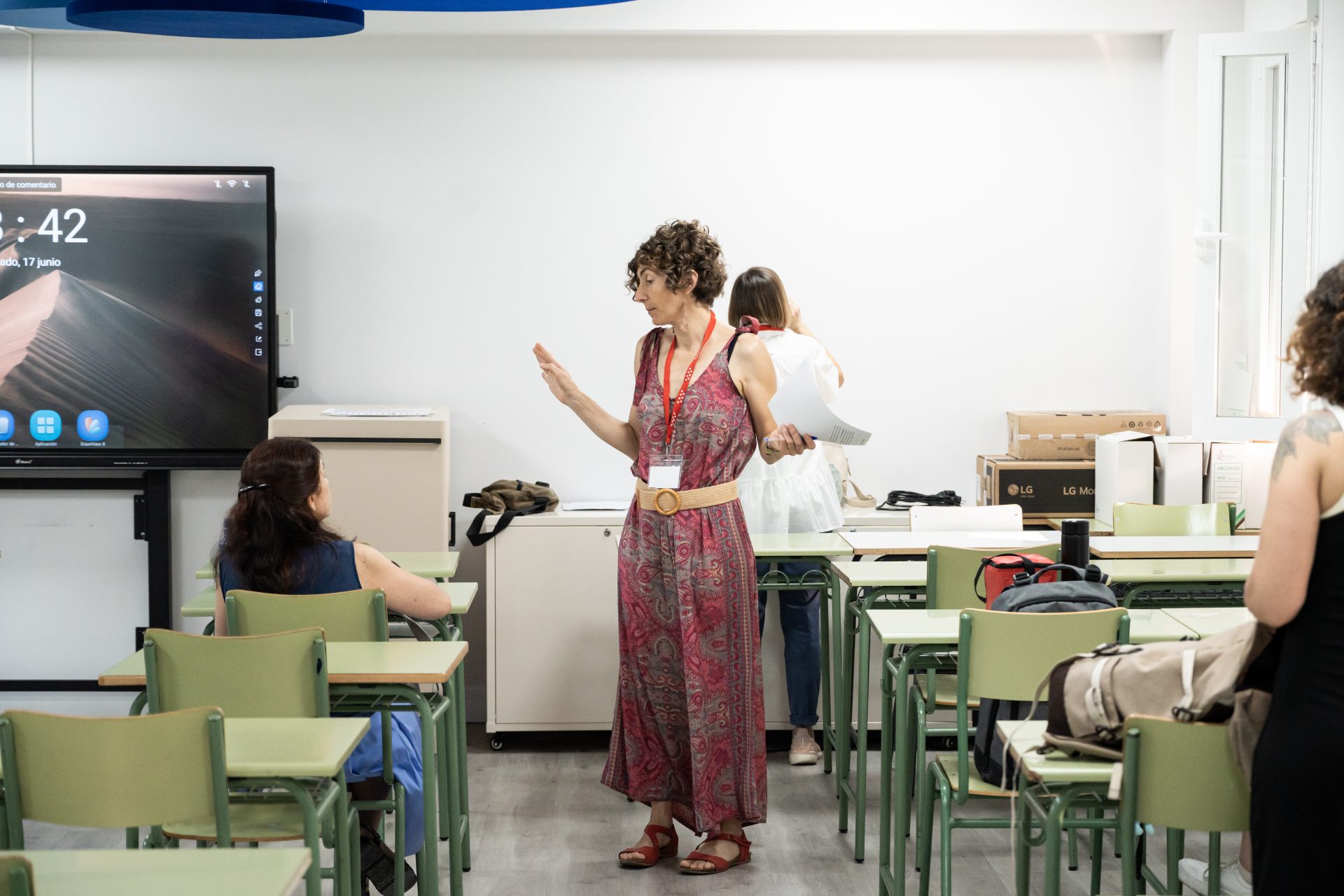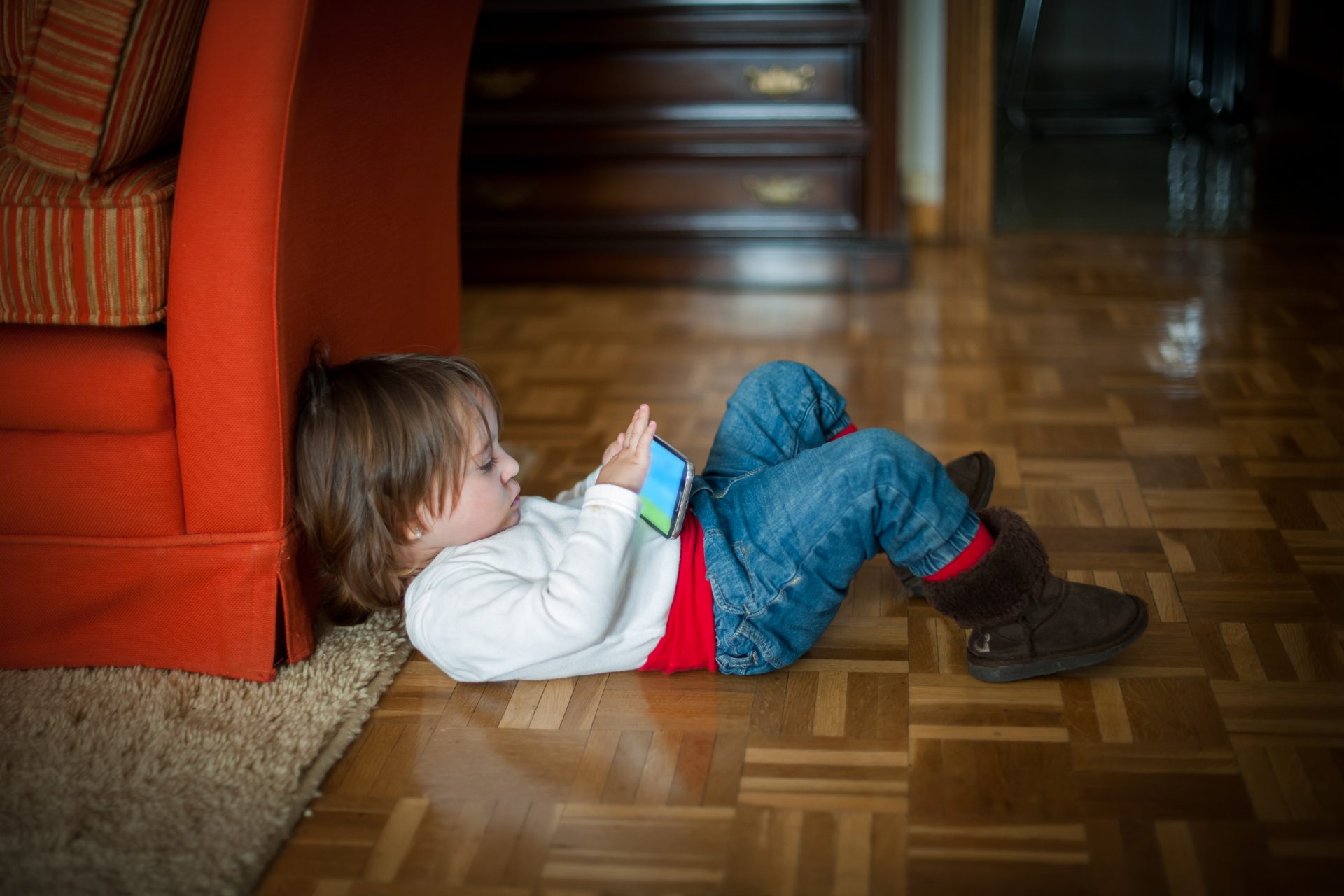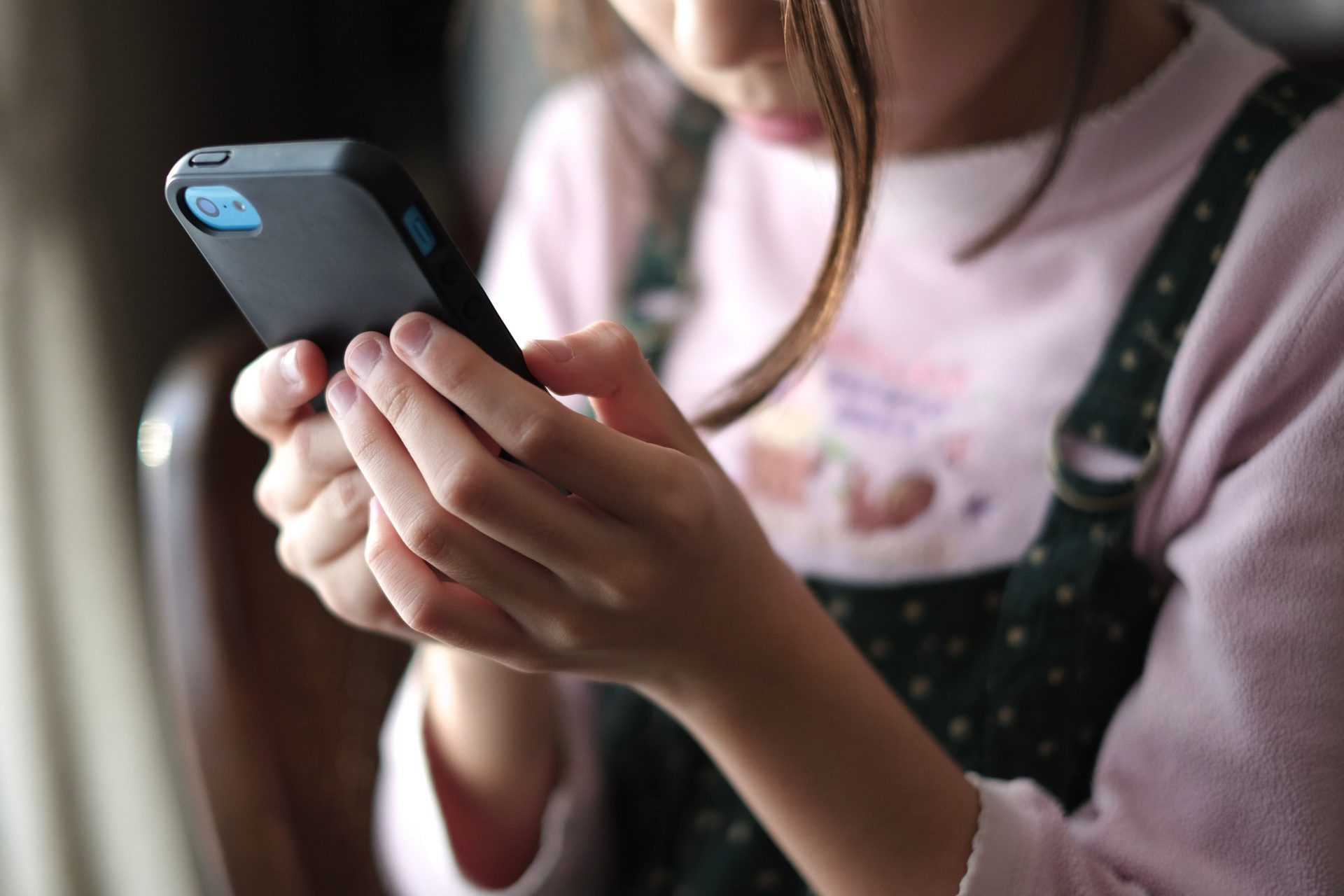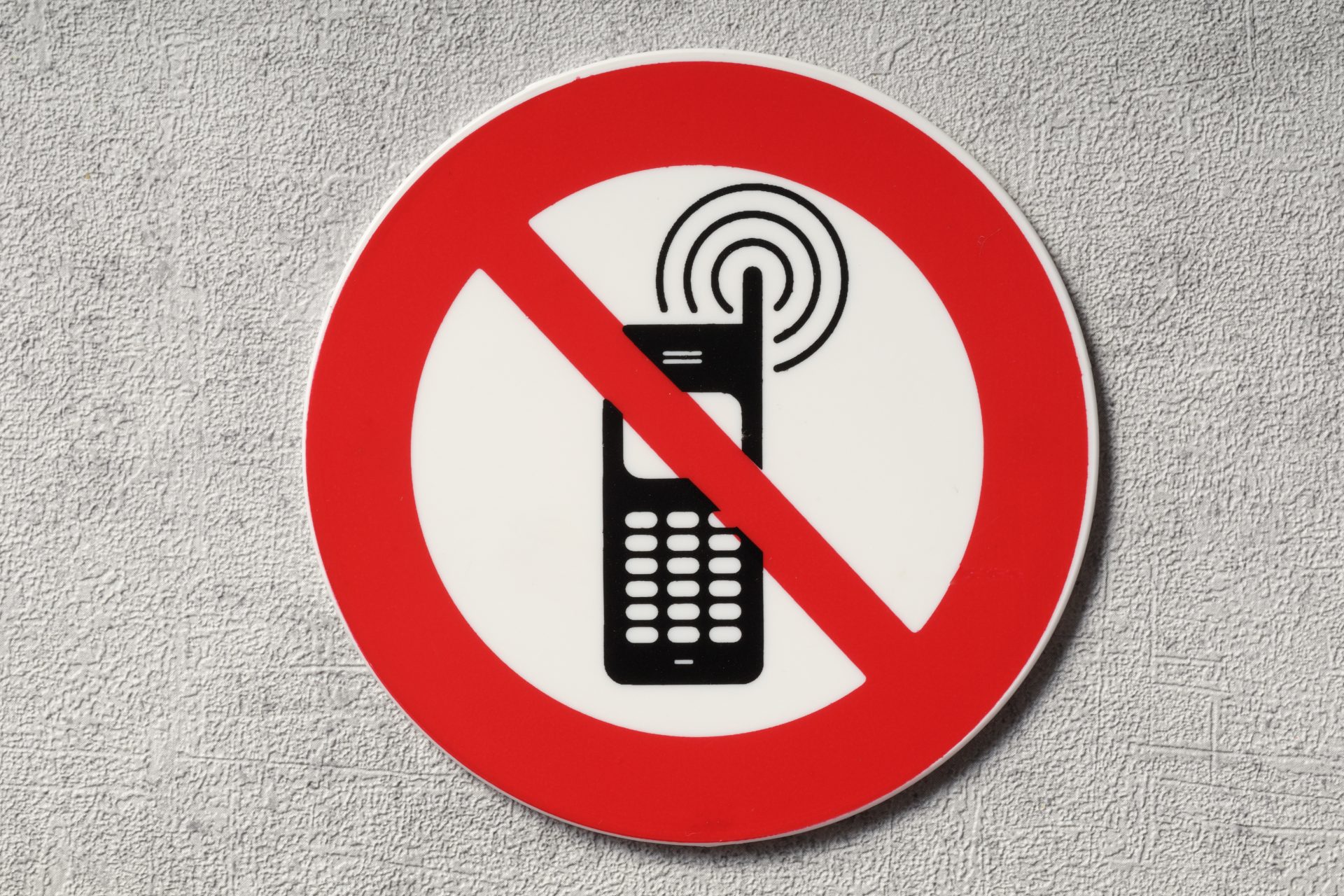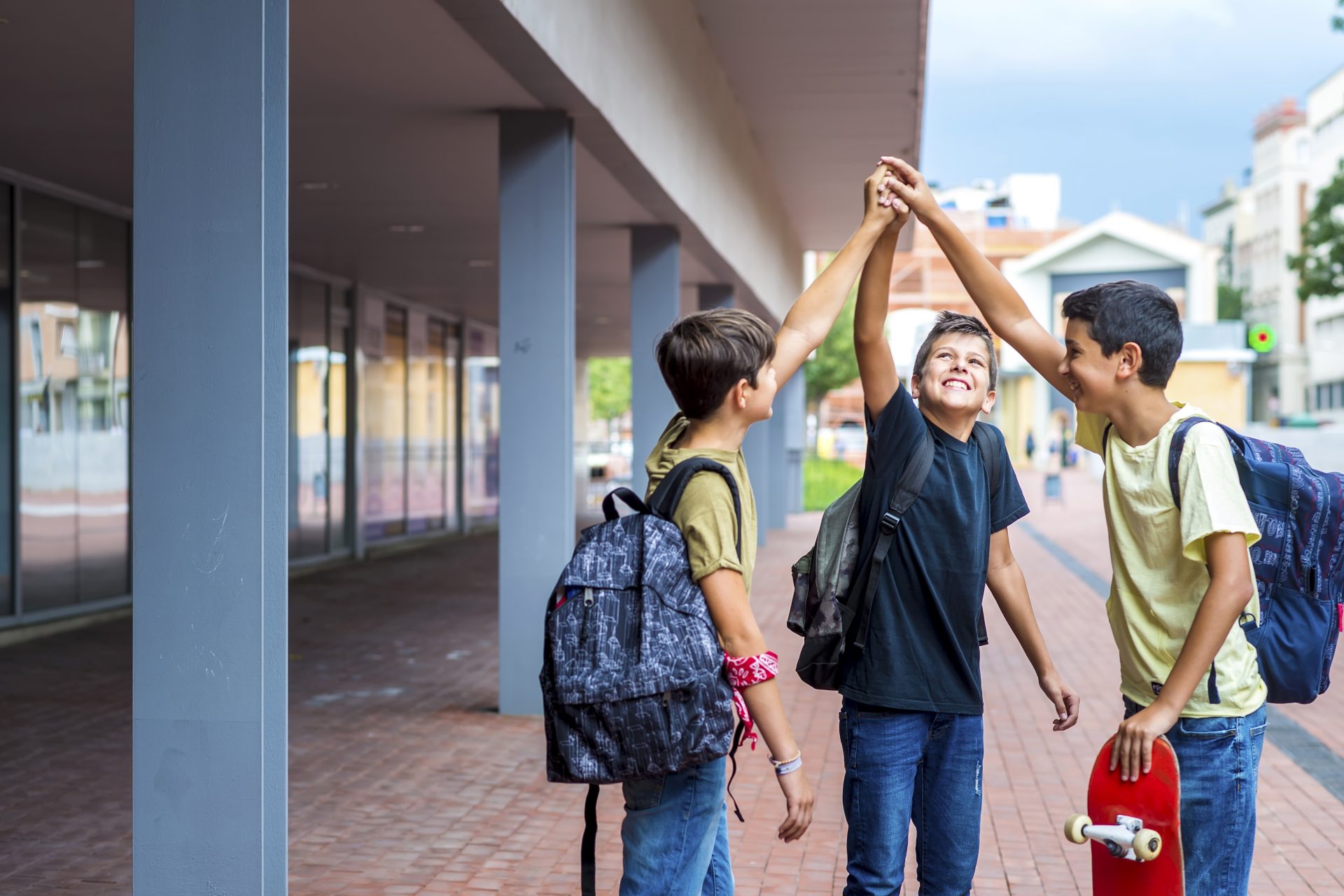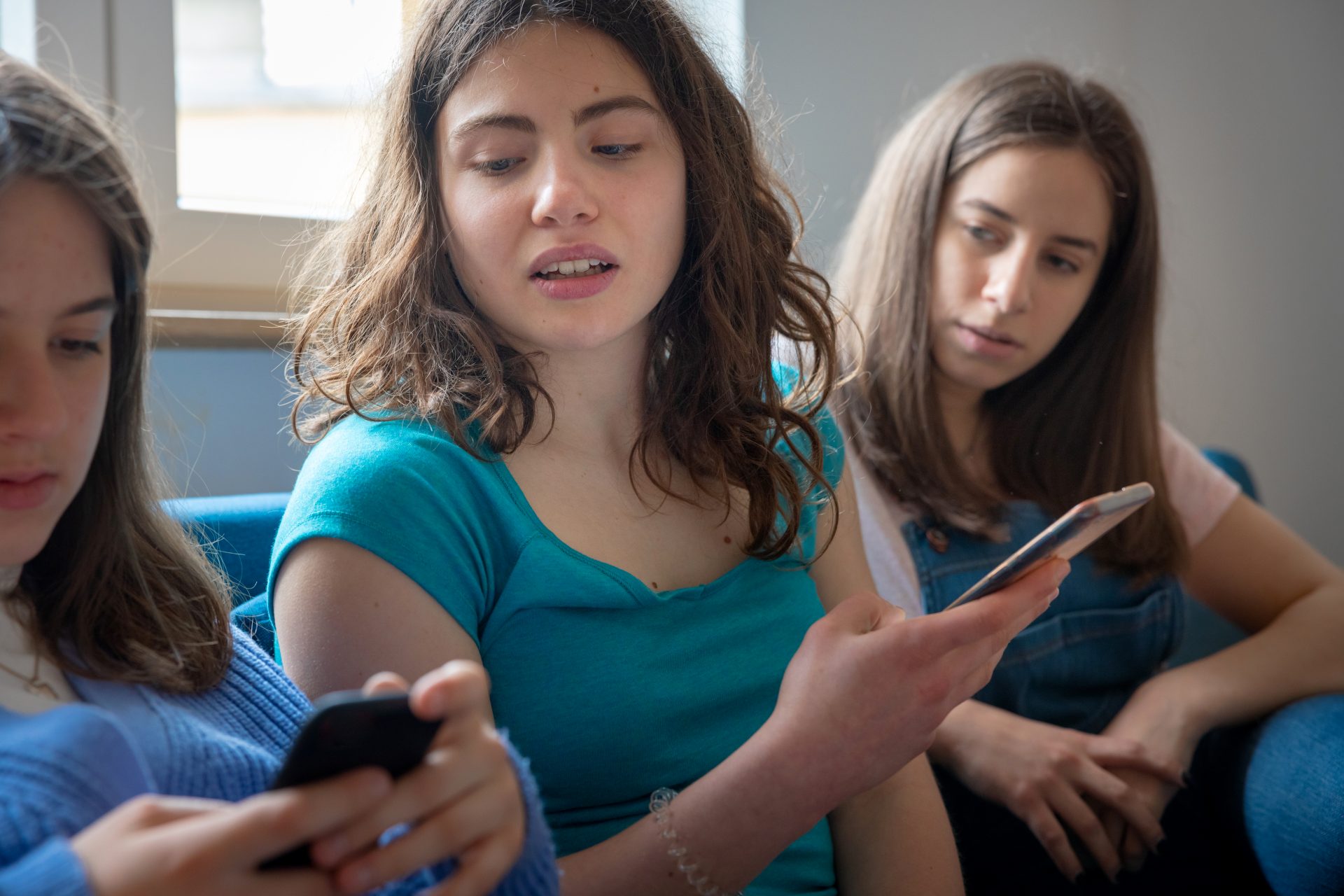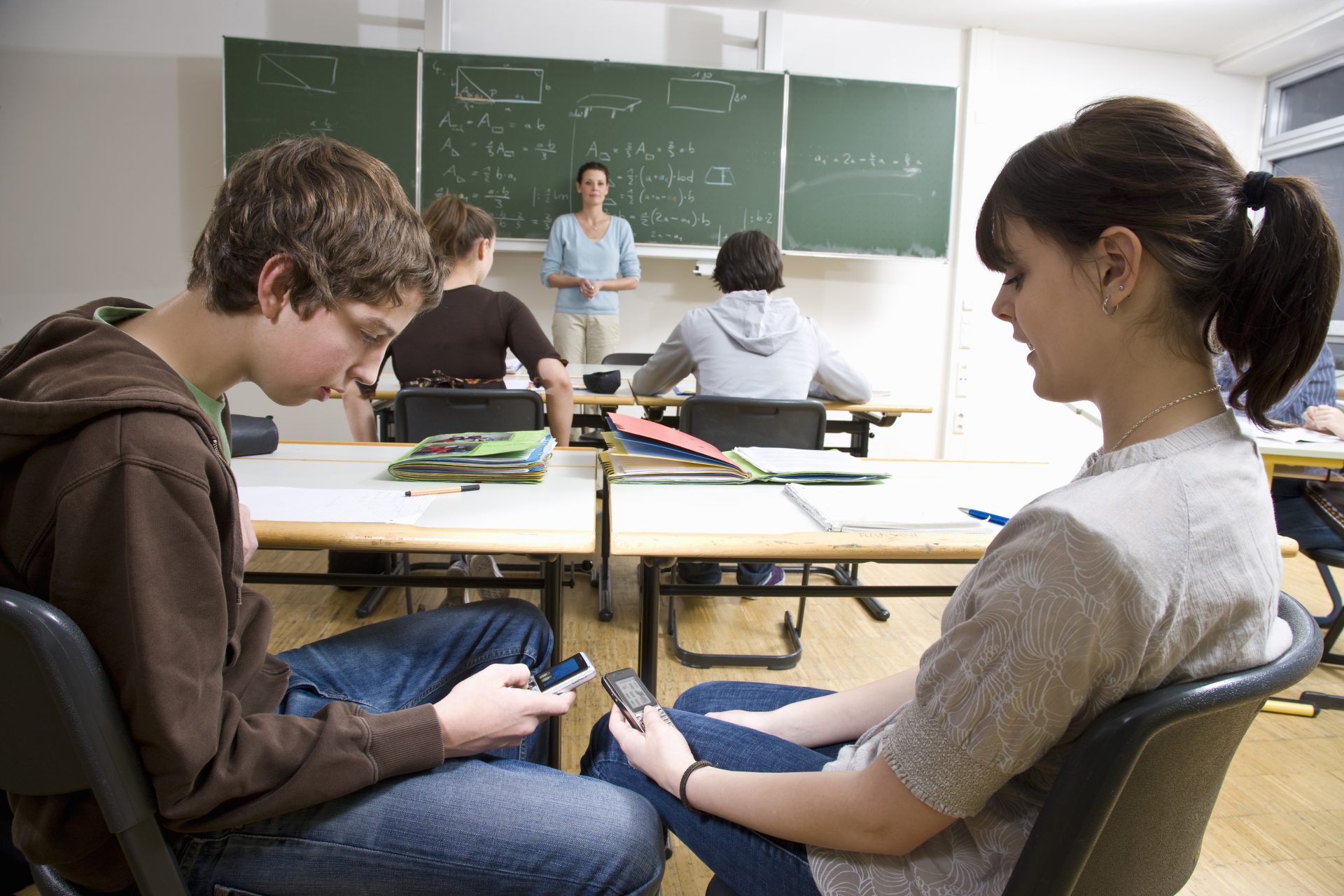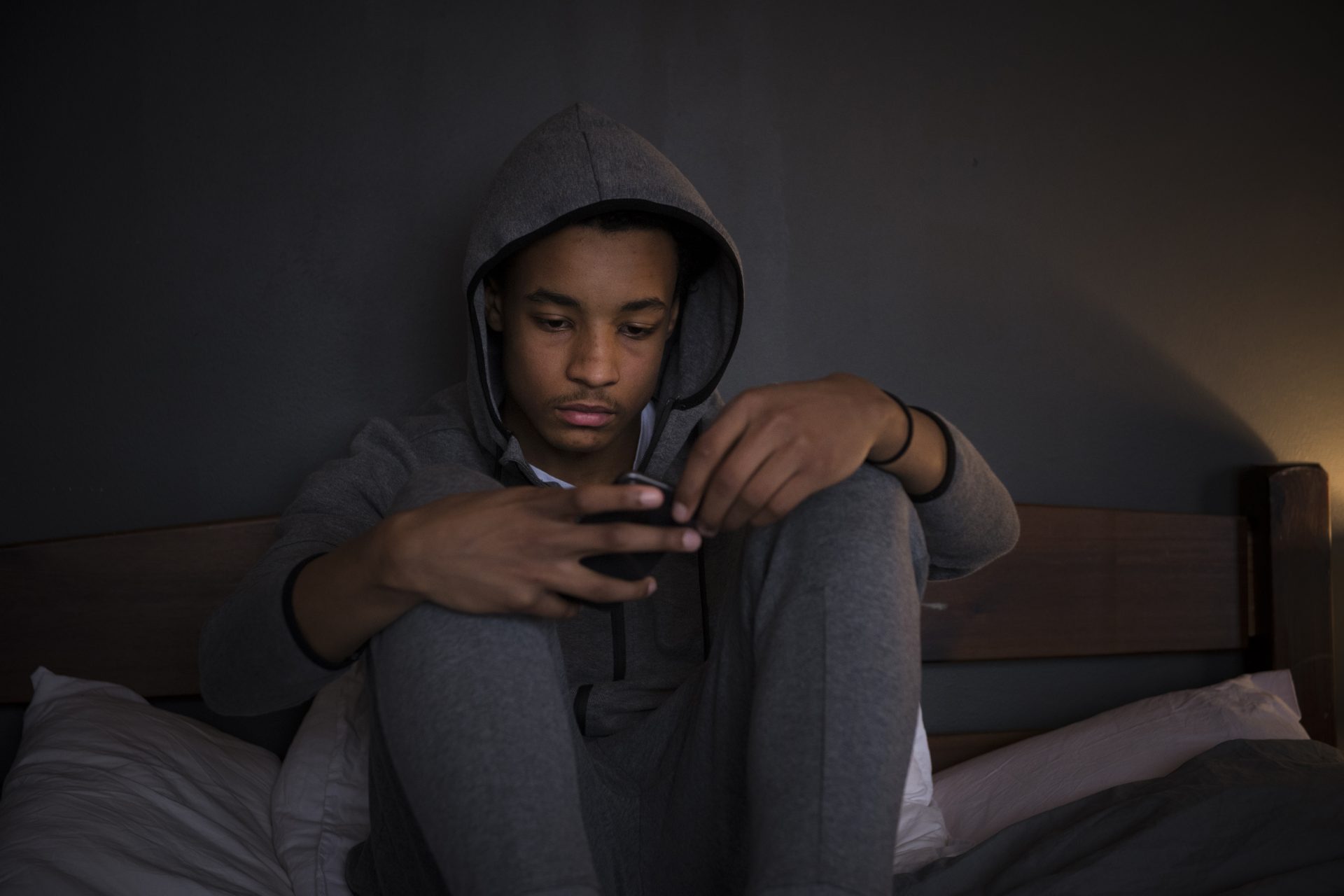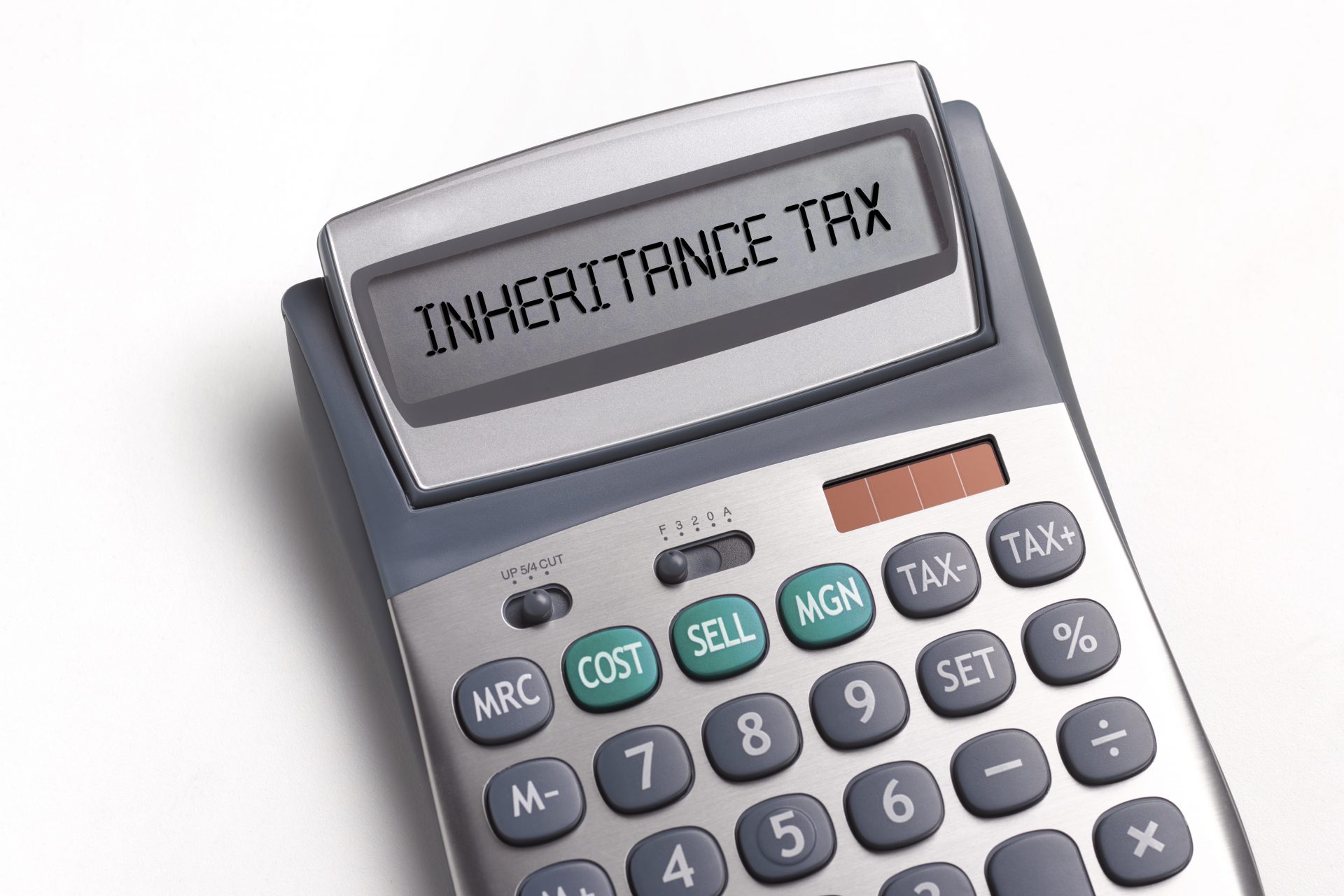No phone until 16? Would you make this pact with your child?
If you knew that by banning your child from having a smartphone until they were 16 years old it would benefit their well-being in a myriad of ways, would you be willing to do so?
Nowadays many teens and tweens are eagerly awaiting the moment their parents will finally give in and allow them to have their first cellphone, and in 99% of cases nowadays, that means they will be getting a smartphone.
However, parents and teachers around the world are increasingly concerned about teens having access to smartphones for a variety of reasons, from online bullying to lower self-esteem due to social media, to youngsters not sleeping enough due to doom scrolling, and many, many other reasons that show us that tweens and teens really can't handle having smartphones (heck many adults can barely handle it and are glued to their screens all day!)
So it is unsurprising to learn that there has been a growing movement among schools in Catalonia, Spain, to make pacts with students and their parents not to use smartphones when they start high school and to wait until they are 16 years old to purchase their first phone. In Spain, students start secondary school in grade 7 and usually are 11 or 12 years old.
In recent years, it has become a widespread practice for parents in Spain to give their children their first cell phone when they make the transition to high school, as students often have more freedom and are left alone more (public high school in Spain usually ends for the day around midday and the youngsters often spend the afternoons without parental supervision).
According to an article on the subject published in the Catalan language newspaper 'Ara', the goal of this movement is to stop the social pressure both parents and kids face to buy their first smartphone at age 12, which has become such a widespread practice.
The idea, according to an article by RAC1 on the subject is to make these anti-cell phone pacts with students ideally as early as possible. Sadako School in Barcelona, is a charter school that runs from preschool until grade 10, the end of mandatory education in Spain, was one of the first schools to try this anti-phone pact.
Photo: Instagram@escolasadako
Jordi Musons, the principle of Sadako told RAC1, "We start in third grade, and we meet with families. In the fifth and sixth grade, before the pressure for the mobile phone arrives, it is when we need to work so that the largest possible number of families delay the arrival of the first mobile phone"
Delaying the purchase of the first smartphone for kids as long as possible has many benefits such as improved academic performance, reduced stress, and increased social interaction.
Marc Masip, a psychologist who is an expert in addiction to new technologies, spoke about the importance of delaying when parents give their children their first cell phone during an interview on the subject on the Catalan radio station RAC1. Masip said, "We must give our children a cell phone when they are old enough. Never before age 16."
Marc Masip went on to explain, "We mustn't think that they won't have friends if they don't have their own phone. They do not have a mature enough brain to use a smartphone correctly, nor do they need it."
Escola Sadako in Barcelona is the school that more or less started the movement of delaying smartphone access until age 16, according to the Catalan newspaper 'Ara.' The school said they noticed that students were unable to control their use of their smartphones at school, and as a result, they totally banned them.
However, the parents association at the school then came up with the idea of making a pact as a group. They believed if all the parents agreed not to give their children cell phones when they started secondary school, it would be easier peer-pressure wise...it worked and has now started to catch on.
During the 2023-2024 school year, a primary school not far from Barcelona called Gem School in the town of Mataró has also started a program to make a pact with families to delay giving students their first smartphone "as long as possible," as reported by the Spanish newspaper 'La Vanguardia.'
The schools' management team explained to the newspaper that their campaign titled "Desmovilízate", roughly translated as "Un-phone yourself", hopes to change the custom of giving kids their first phone around 11 or 12 and make getting their first smartphone at age 16 the norm.
The school says that around 300 families and students have signed the "Un-phone yourself" manifesto and hope to see "significant changes" starting next school year. Families involved with the pact told La Vanguardia that they hoped to find "a balance between the usefulness and abuse" of cell phones with their children. They also said they hope that by delaying access, their youngsters will be better able to "understand" and "classify" the contents they consume on social media better when they do get smartphones.
Gem School and Sadako school are just two examples but there are plenty more schools in Catalonia that are making these pacts for a number of reasons. One reason is to reduce distractions in the classroom. Smartphones can be a major distraction for students, and they can make it difficult for them to focus on their work.
Another reason is to improve student well-being. Smartphones can lead to stress, anxiety, and depression, and they can also disrupt sleep patterns.
Finally, schools hope that these pacts will encourage students to be more social and to interact with each other face-to-face. Joan Vila, the principal of Escola Pia Balmes spoke about his school's intentions with the phone-free pact to Catalunya Ràdio, saying, "We want our students to have a well-rounded social life. These pacts help to encourage students to socialize with each other in person, which is important for their development."
Hopefully, this revolutionary idea of making a pact with parents to normalize delaying giving kids their smartphones will catch on. Yes, it likely won't win many of the parents participating in the pact a lot of popularity points with their kids. Still, the more people participate and normalize delaying giving their kids access to this technology, the easier it will get because the kids won't feel the strong pull to give into peer pressure.
More for you
Top Stories



